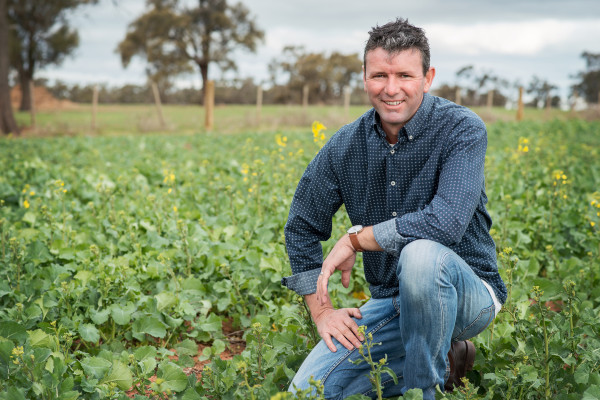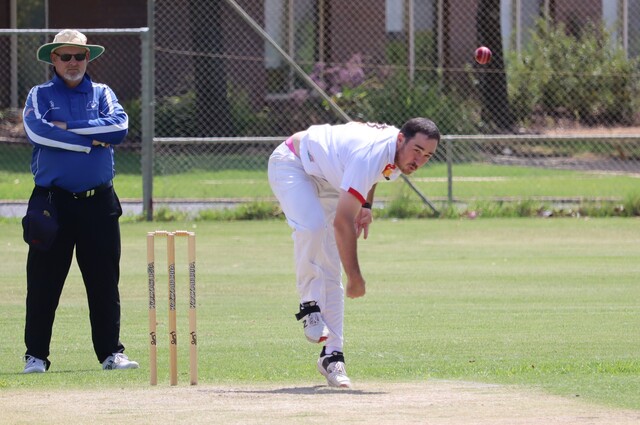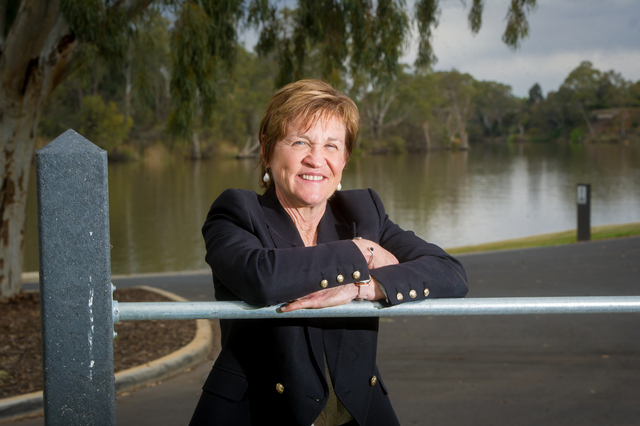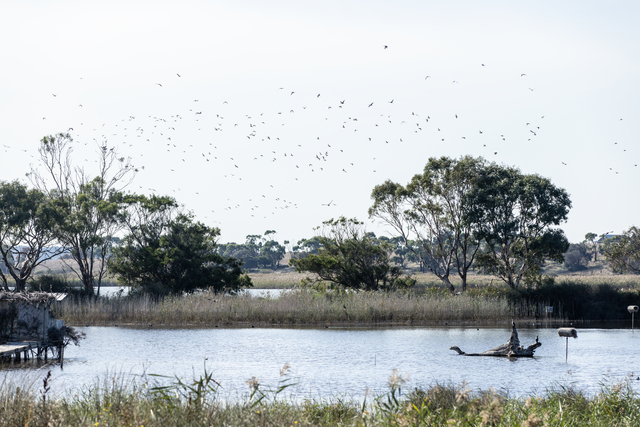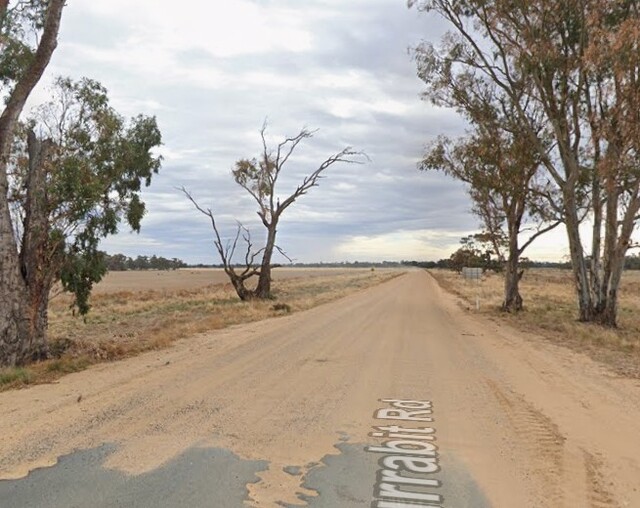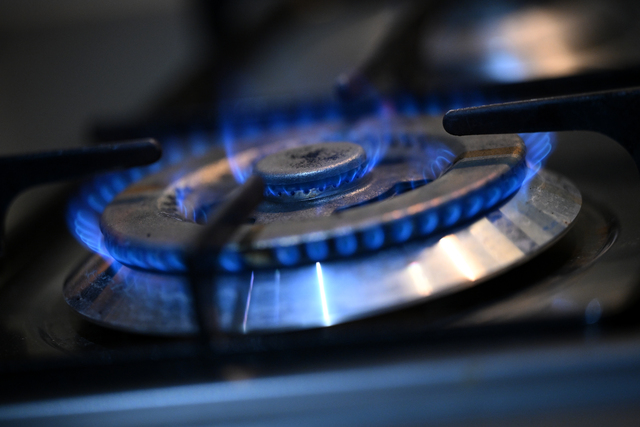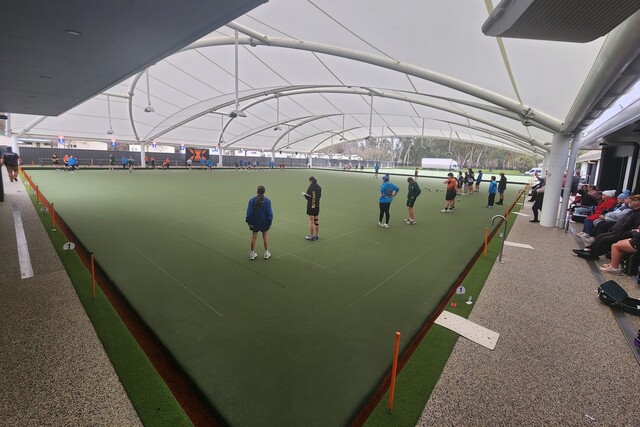MALLEE growers holding wheat post-harvest could see prices rise “significantly” after Russia invaded the Ukraine, as analysts monitor global wheat prices trading at near-decade highs.
But Australia’s peak grains group says the current conflict is unlikely to affect domestic growers, with sowing season set to begin in April.
Russian President Vladimir Putin recognised the sovereignty of two separatist regions on Thursday before sending Russian troops into Ukraine.
Russia and Ukraine account for about one-third of grains and oil seeds traded globally, which means any disruption to shipping caused by conflict and sanctions would send ripples through the market.
Chicago Wheat futures climbed from 799 US cents a bushel before the Russian invasion to 946 cents a bushel on Friday afternoon.
Ashley Fraser, the grains group president of the Victorian Farmers Federation, said the prices of lower grades of wheat could be “dragged up”, calling global wheat supplies “not plentiful”.
“Ukraine’s a significant player in the wheat market,” Mr Fraser said.
“The Ukraine produces 7 per cent of the world’s wheat (and is) the fifth-largest exporter of wheat.”
Although Ukraine does not export wheat to markets in Australia’s vicinity, he said local growers had an opportunity to export to Asian markets as countries such as Indonesia looked for alternative supplies.
“A lot of local growers have kept lower-quality grade wheat because it was cheaper at harvest.”
But Grainwise managing director Fabian Devereux said he expected rises in prices, primarily for higher-grade wheat ideal for milling, rather than feed grain.
Mr Devereux said analysts expected the market to experience rises similar to those almost a decade ago, when Russia experienced a drought.
Although it was too early to predict longer-term prices, he said prices would not stabilise before early next week, but had advice for growers.
“Probably don’t get too wound up about when it is going to end,” Mr Devereux said. “Just keep on hedging your bets in the market as this conflict progresses.”
He said while a lot of growers had sold most of the grain at harvest time, it was a good second chance to sell any product they had left in the current market.
But ahead of the upcoming sowing season, Australian grains farmer Brett Hosking said the tension was unlikely to impact what growers planted.
“Potentially, what is a good market opportunity at the moment may not be in a period of time,” said Mr Hosking, who runs a farm in Victoria.
Australia is one of the world’s biggest wheat exporters, with many grain farmers recently harvesting back-to-back bumper crops after years of drought.
The planting window for the upcoming wheat season opens in April.
Mr Hosking, chair of GrainGrowers Australia, said that while there was likely to be a short-term bump in wheat prices for Australia, that pricing could change significantly between now and when crops were planted and harvested.
He said with commodity prices high, “any crop is a good choice at the moment”.
Rabobank agricultural analyst Dennis Voznesenski forecast that global wheat prices could rise by 50 per cent or more if there was a full-scale conflict and grain exports from the Black Sea region were stripped from the already tight global market.
Mr Voznesenski said wheat was very price sensitive because buyers can’t readily substitute it for alternatives.
“Wheat is probably the most reactive because wheat is the most inelastic in terms of demand,” Mr Voznesenski said.
“We are at multi-year highs for wheat prices already, so this has been another factor that adds to that.”
Australian farmers have been making the most of good growing conditions in recent years by selling grain into a market where demand has been strong, caused in part by poor harvests in major northern hemisphere grain-producing countries.
Global wheat prices are trading at levels last seen in 2013, when dry weather dented production, especially in the US.
NSW grains farmer Matthew Madden said while farmers were watching the Ukraine situation closely, it would not necessarily impact his own sowing plans.
“From a personal perspective, I don’t want war to drive up prices,” Mr Madden said.
“You might get a sugar hit, but it doesn’t tend to end well.”
– with AAP

